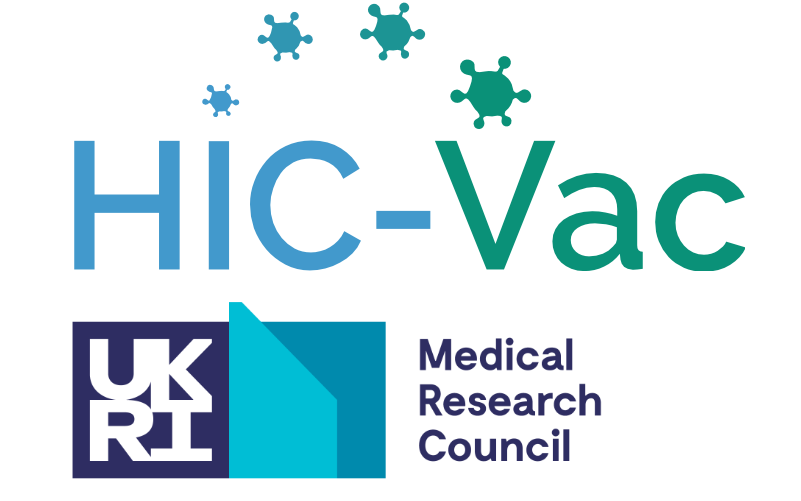The programme of activities (including surveys and online focus groups) to consult and involve members of public began in April 2020, around 10 months before the human infection study with coronavirus was approved. The activities enabled public input into the concept and design of the human infection study throughout the study’s planning process. The findings from all the public consultation and involvement activities supported the Research Ethics Committee to review the study, helped shape the design of the study, and improved the study information material for potential participants.
What is public involvement and why is it important?
Health and social care research aim to improve the overall well-being of people, from advancing treatments for patients to helping us live healthier lives. Because people are at the heart of medical research, engaging and involving them is an important part of the research process.
Public involvement is when members of the public, including patients, work alongside researchers to directly contribute to how research is designed, carried out and shared. It is considered a pre-requisite for high-quality medical research. It can help ensure research remains aligned with the needs and priorities of patients and the public, improve the practical experience of people participating in a study, and ensure that research findings are communicated clearly and to a wider community. Public involvement can also help define what is likely to be acceptable to participants and society more widely. Both the HRA and NIHR have excellent resources on public involvement.
Acceptability of research to participants and society is particularly relevant to a human infection study with coronavirus because of its ethically complex nature. With volunteer participants being deliberately exposed to coronavirus (COVID-19) and the associated risk (albeit very small) of serious illness or death, the public’s perspectives were an important element of assessing if the study was ethical.
The public involvement programme
Following the publication of the WHO key criteria for the ethical acceptability of COVID-19 human infection studies in May 2020, a team at the University of Southampton carried out the first public consultation to explore public acceptability of a human infection infection study with coronavirus (COVID-19). In a series of small discussion groups, they posed a series of questions to probe whether those taking part thought the concept of deliberately infecting people with coronavirus was acceptable, what concerns volunteers might have, and whether and how much they should be compensated for taking part. The full results of this study are published here.
To build upon this work, HIC-Vac funded a more extensive public consultation programme to include a larger, more diverse group of people across the UK. Teams from Imperial College and the University of Southampton worked together to explore and capture public perspectives from different geographic regions reflecting a balance of ages, ethnicities and gender. The consultation activities included a wide-reaching survey and several in-depth focus groups to explore the survey findings in more detail.
Once the official partnership leading the human infection study with coronavirus had been decided and announced, the teams engaged and involved a broad range of individuals across the UK for more specific discussions relating to perspectives and feedback on potential participation in this kind of study, study design, and study information and consent.
The findings from all the public consultation and involvement activities were discussed with the wider team designing the human infection study with coronavirus, as well as being submitted to the Research Ethics Committee as part of the ethics application. The impact of the findings included:
- Supporting the Research Ethics Committee by providing them with views from the public about such a study taking place in the UK
- Improving the description of risk to potential volunteers
- Capturing what details potential volunteers wanted to understand about taking part and follow-up care/support
- Informing the inclusion/exclusion criteria
- Optimising the participant information sheet and informed consent
Publications:
Public attitudes to a human challenge study with SARS-CoV-2: a mixed-methods study

“Patient and public involvement and engagement (PPIE) in research is an integral part of the research process. It creates a unique opportunity for people to be involved and provide input into the design and conduct of the research. It also allows researchers to gauge or sense-check their proposed research plans with a wide group of people. It is this interaction, collaboration and public consultation that leads to optimisation and enhancement of the research process and participant-centric clinical trials. PPIE provides a Research Ethics Committee with valuable insight into the public’s views of the proposed research, and therefore forms an important component of the ethical review of an application. As the world navigates its way through the COVID-19 pandemic, PPIE remains a paramount component of the research process – from the design of the research to the dissemination of results.”

